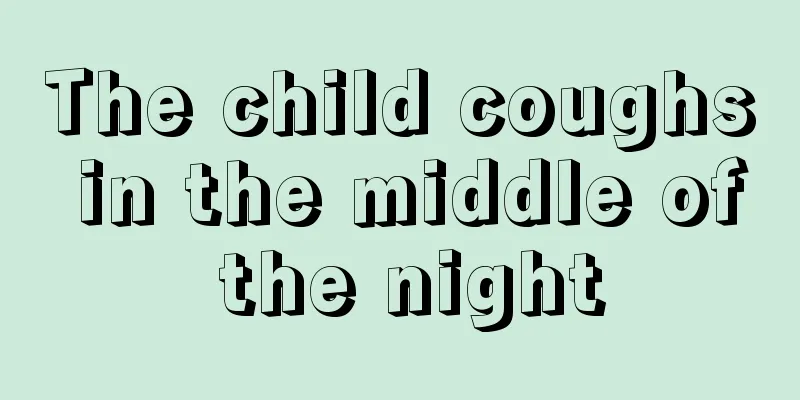White spots on baby's face

|
The appearance of white spots on a child's face usually makes parents very worried. This phenomenon is very similar to the characteristics of vitiligo, which is a very harmful skin disease. If it occurs in a child, the consequences can be disastrous. In fact, the white spots on children’s faces are most likely caused by pityriasis alba. The key is to understand the child’s condition so that you can better deal with it. Let’s take a closer look below. Many parents mistakenly believe that they are ascariasis spots or pityriasis versicolor, and are also afraid that they may be vitiligo, albinism, anemic nevus, etc. In fact, most of them are pityriasis alba.Pityriasis alba, also known as simple pityriasis alba, is a multiple, oval, flat, scaly hypopigmented macules that occur on the face, sides of the upper arms, and upper trunk of children. It is mainly seen in children aged 3-16 years old, and nearly 40% of children have suffered from this disease. At the beginning, the color is slightly light pink, the skin lesions are not itchy, and they are generally difficult to detect. After a period of time, the color will become lighter and lighter, and finally become whiter than the skin, which is more obvious and easy to detect. If the child's skin is originally very white, it will be difficult for parents to notice if they look more closely. However, the skin at the "white spots" is relatively dry and feels a little grayish-white and fine.Pityriasis alba generally occurs on the face, and may also occur on other parts of the body such as the neck, back, arms, etc. in some children, but this is relatively rare. Simple identification for parents Vitiligo: It can occur at any age, but is more common in young and middle-aged people. Some patients have obvious seasonality, which usually worsens in late spring and early summer. It often occurs in exposed and rubbed areas, such as the face, neck, back of the hands, forearms, lips, and glans penis. Anemic nevus: usually unilaterally distributed or confined to a certain part, occurring after birth or soon after; rarely continues to expand afterwards. The color is hypopigmentation rather than dehydration. After strong friction or heating, the local area does not turn red, while the surrounding normal skin turns red. After pressure examination with a glass slide, the edge of the lesion becomes more blurred.Albinism: A genetic disorder in which the skin and hair lose pigment. Mottled disease: A patterned leukoderma with irregular white spots at birth, most commonly on the forehead. Amelanotic nevus: Localized hypopigmented spots, unilateral or serial distribution, mainly seen on the upper trunk and upper limbs. If your baby has similar white spots on his face and you still don’t know how to identify them, you can see a dermatologist. If it is pityriasis alba, it will gradually disappear. |
<<: How many months does it take for a baby's eyelashes to take shape?
>>: Does Fengyoujing have any effect on babies?
Recommend
Symptoms of lung infection in children
Children are in a stage of life when their immune...
What are the symptoms of blood heat in children?
Blood heat is a term originally used in Tradition...
What to do if your child has a fever of 39 degrees
Colds and fevers are the most common diseases amo...
Why do children feel nauseous when eating?
The baby's eating problem is often a headache...
What exactly is going on with my baby's cough and wheezing?
Many new mothers become very anxious when they fi...
Can children eat Ophiopogon japonicus?
Because Ophiopogon japonicus is too common, peopl...
There are 5 taboos for bathing your baby in hot summer
Many mothers may bathe their babies without consi...
Why are the soles of children's feet yellow?
Children have relatively low immunity and poor re...
What to do if baby's buttocks are broken
The skin of a newborn is relatively delicate, so ...
Is it normal for a two month old baby to suck his fingers?
We always teach our children to pay attention to ...
The latest treatment for adolescent uterine bleeding
Dysfunctional uterine bleeding during adolescence...
Introduction to the growth and development rules of children
The laws of children's growth and development...
How many eggs should children eat every day
Children need to supplement various nutrients dur...
What should I do if a boy loses his hair?
Adolescent boys grow and develop rapidly, and it ...
What are some things that children can use to ward off evil spirits?
China is a traditional country deeply eroded by f...









